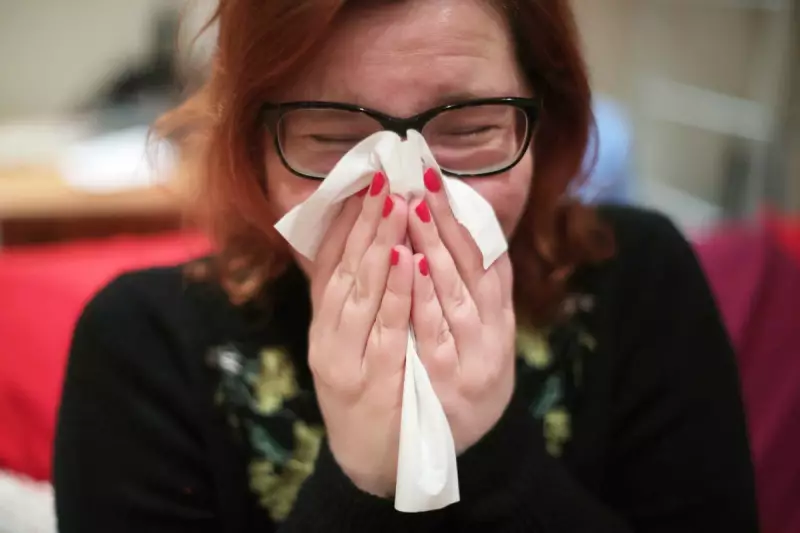
Health authorities are raising the alarm that the United Kingdom could be confronting its most severe influenza outbreak in decades this winter, driven by a powerful and evolving strain of the virus.
Understanding the H3N2 Threat
The culprit behind this worrying forecast is the H3N2 flu strain, which is currently the dominant variant circulating in England. This particular strain has developed new mutations, meaning immunity built up from previous infections or vaccinations may offer less protection. This increases the potential for more severe illness, particularly among vulnerable groups such as the elderly and those with underlying health conditions.
Adding to the concern is the unusually early timing of this outbreak. Data from the UK Health Security Agency (UKHSA) shows that hospital admissions for flu are climbing at a rate not typically seen until December, signalling a premature and potentially more intense winter flu season.
Symptoms and Protective Measures
While the flu vaccine for this season may not prevent every single infection, it remains the most effective tool available. UKHSA data confirms that the vaccine provides good effectiveness and significantly reduces the risk of developing severe illness that requires hospitalisation.
Health officials are urgently advising all eligible individuals to get their flu jab as soon as possible. This is especially critical for those in high-risk categories. Alongside vaccination, maintaining good hygiene practices like regular hand washing is strongly recommended to help mitigate the spread of the virus throughout communities.
A Call to Action for the Public
The message from health experts is clear and urgent. The combination of a mutated virus and an early surge in cases creates a perfect storm for a serious public health challenge. Getting vaccinated promptly is the single most important step people can take to protect themselves and the NHS from being overwhelmed during the coming winter months.





